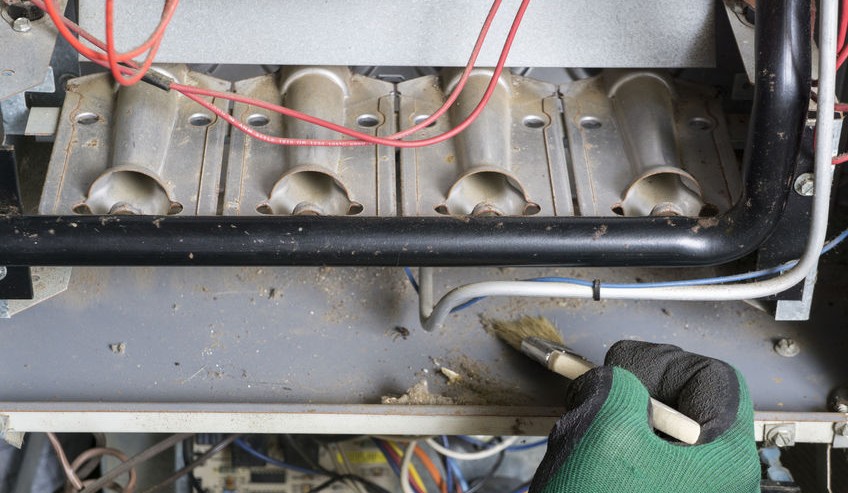5 Tips for HVAC Winter Efficiency
The colder season is fast approaching, causing many of those in the country’s northernmost regions to worry about protecting their homes against those chilly, oftentimes relentless, winter months. If you’re like most, you might also be wondering how you can protect your wallet from costly utility bills this year.
With ServiceWhale, we can help ensure that your home’s HVAC systems are running properly and will hold up throughout the winter. Here are five ways in which you can increase your HVAC winter efficiency to get the most out of your heating and cooling systems and to protect your Philadelphia home.
1. Have a Full Inspection Done
First thing’s first, you should consider having your home’s HVAC systems fully inspected. With an inspection by a professional contractor, it will be assured that your HVAC systems are running properly. If an issue with one of your systems is detected, it can then be addressed before the true cold sets in.
Having your heater crash during the dead of winter isn’t fun for anyone, we know. ServiceWhale contractors will help protect your family from this devastating fate and your finances from having to pay for costly immediate repairs. Right now is the time to act, too, as we currently have a special for fixing broken heating systems.
2. Seal Ducts
If your heating and cooling ducts are not sealed, you will need to do so in order to improve your HVAC winter efficiency. When air travels through your home, is passes through ducts. Heated air can escape through the open gaps where the ducts might connect to one another.
When this air escapes, the temperature in your home drops and your HVAC system has to put out more heated air. By having your ducts sealed, this could be prevented. The savings on your utility bills will be quite noticeable as your home isn’t having to compensate for the air that is lost.
3. Change Filters
Around every three months, you should have the filters changed in your HVAC systems. Not only does this improve the quality of air in your home, it can help you boost the efficiency of your systems, especially if you choose the right filter.
This is because, with a dirty filter, it makes it more difficult for treated air to pass through, thus forcing your system to work that much harder. With a clean filter, your HVAC systems can run properly, avoiding damage and the need for repairs.
4. Check Economizers
During the summertime, economizers in your HVAC system are used in order to utilize outdoor air for cooling. Dampers that act and look like vents are one of the main components in your economizer, allowing for outdoor air to enter your home. However, when these little vents get stuck, it could hurt your HVAC system’s efficiency.
In order to determine whether or not these dampers are working in your favor, have a ServiceWhale contractor come out to inspect the system. They will be able to make sure that the dampers stay closed during the winter, so that your home isn’t heating unnecessary, outdoor air, which is likely to be frigid.
5. Calibrate Thermostats for Maximum HVAC Winter Efficiency
Your last line of defense in preparing for the winter is to prepare your thermostats. A Professional HVAC technician can calibrate this system so that HVAC winter efficiency is maximized.
It is suggested to keep your thermostat at a minimum of 68 degrees in the winter. It will keep your home warm enough so that it is comfortable for your family, but also to protect your home’s pipes from freezing. You can, of course, keep your home warmer, but it might make your HVAC systems work harder and your utility bills to go up.
Are you preparing your home for the winter? If so, please visit ServiceWhale to receive instant prices on HVAC contractor services in the Greater Philadelphia area.





Comments
Comments are disabled for this post